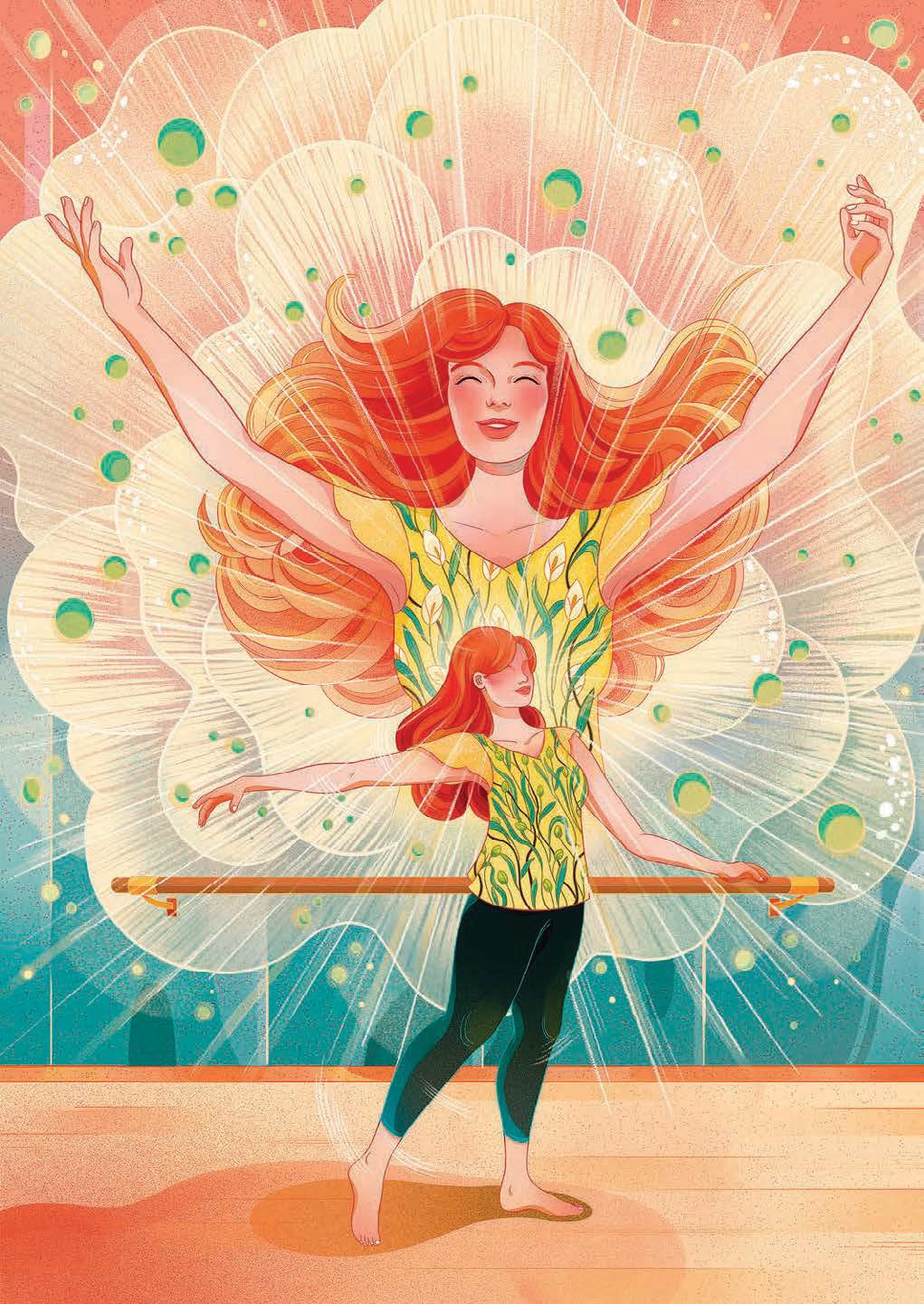
Wearing all black and sitting on a tufted white ottoman in her sunlit living room, Sarah Robichaud is teaching a routine inspired by modern ballet to 80 students on Zoom.
The Bolshoi-trained dancer spreads her arms wide in exaggerated movements to a slow cover of The Proclaimers' "I'm Gonna Be (500 Miles)" as her students get into the groove.
"We're just going to start with a gentle, gentle sway, back and forth," Robichaud says to the group. "I want you to think that there's a thread attached to your wrist and someone's pulling that thread from side to side."
Many of her students are seated as well. More than half of them have Parkinson's disease and typically movement can be difficult, but when they try to mirror her fluid and graceful movements, a look of ease comes over them.
Growing evidence shows that dancing can boost brain health and help manage symptoms of neurocognitive and movement disorders, including Parkinson's, multiple sclerosis (MS), Alzheimer's, dementia and brain injury. For example, a 2021 York University study showed that weekly dance training improved motor function and daily living for those with mild to moderate Parkinson's. This piggybacks on other findings that show how activities that target balance, coordination, flexibility, creativity and memory work can improve Parkinson's symptoms.
Robichaud started Dancing with Parkinson's in 2007 as a way to give back to her community. A few years later, her grandfather was diagnosed with the disease. Robichaud was able to dance with him in his long-term care home until his final days.
"The compassion and care that I have for our dancers is that they're all my grandfather," she says.
Recently, one of her students, a man in his 50s who had been adamant that dancing wasn't for him, said that he now has more dexterity in his hands and generally moves more freely.
"I can't deny how this is changing my life," he told her.
Denne historien er fra March/April 2024-utgaven av Reader's Digest US.
Start din 7-dagers gratis prøveperiode på Magzter GOLD for å få tilgang til tusenvis av utvalgte premiumhistorier og 9000+ magasiner og aviser.
Allerede abonnent ? Logg på
Denne historien er fra March/April 2024-utgaven av Reader's Digest US.
Start din 7-dagers gratis prøveperiode på Magzter GOLD for å få tilgang til tusenvis av utvalgte premiumhistorier og 9000+ magasiner og aviser.
Allerede abonnent? Logg på

OIL'S VERY DIRTY SECRET
More than 100,000 abandoned oil and gas wells dot the land, spewing methane and pollutants. One former energy company executive has made it his mission to cap them.
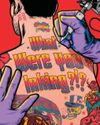
What Were You Inking?!?
Not everyone still loves their tattoos 20 years (or even 20 minutes) later

So Was There a Second Date?
Readers share their stories of unforgettable first dates, from studs to duds
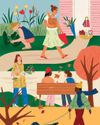
The Calendar Girls
After Molly Baker's husband died suddenly, her friends organized a year's worth of support
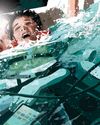
A SINKING FEELING
A mother and daughter are trapped below the deck of a capsized boat. A shrinking air pocket is the only thing keeping them alive.
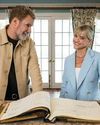
You're Cordially Invited
Starring Will Ferrell and Reese Witherspoon
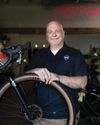
The Bike Vigilantes
Your bicycle just got stolen. These volunteers will get it back.

All Creatures Great & Small
Starring Nicholas Ralph and Samuel West
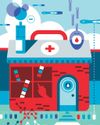
Yep, There's an At-Home Test for That
Which ones should you trust to diagnose your health?
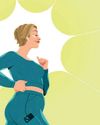
How Much Should You Weigh, Really?
The advice has moved beyond the old BMI (body mass index) measure